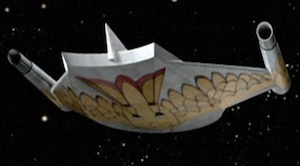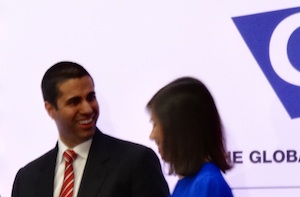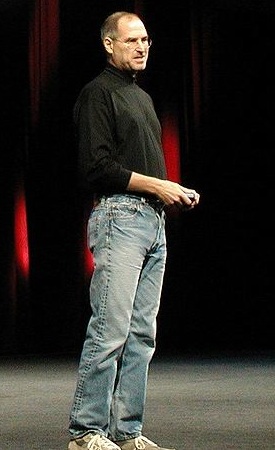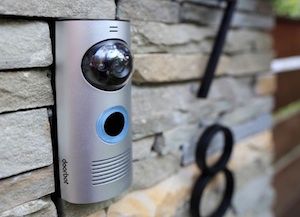Californians' ground truth begins to paint a better broadband availability picture
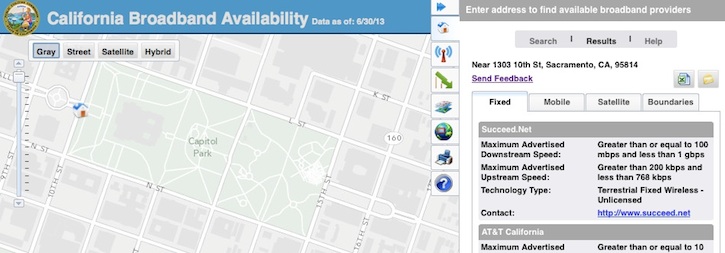
Crowdsourced data has been added to the California Public Utilities Commission’s broadband availability map, along with updated information submitted by service providers and developed by the CPUC’s own mobile field testing program.
The new map takes a long step toward bridging the gap between the advertising claims that carriers make – which is also the basis for what they report to the CPUC – and what consumers can actually buy. The public feedback information – “layers” in mapping jargon – shows locations from where people have filed personal reports about the service they’re getting.… More

